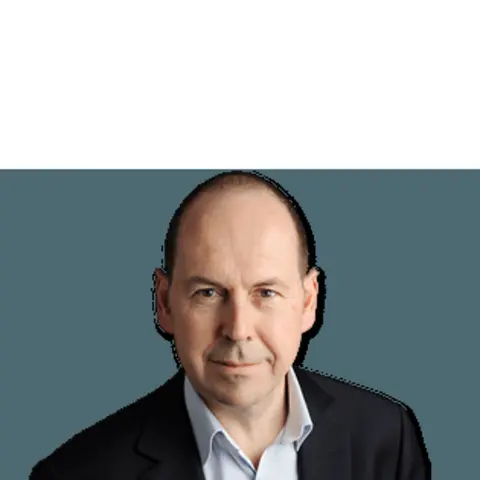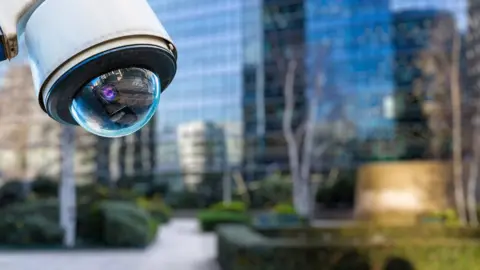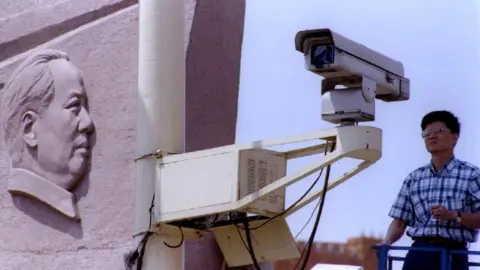Tech Tent: Is your face on a watch list?

 Getty Images
Getty ImagesIs it a brilliant new law enforcement tool helping keep public spaces safe from criminals and terrorists? Or a creepy surveillance technology which threatens the privacy of people going about their lawful business?
This week Tech Tent looks at the debate around facial recognition.

It was the revelation that the development around London's King's Cross mainline station was tracking thousands of visitors using a facial recognition system that sparked new concerns about the technology. The site includes shops, offices - Google's UK HQ is there - and the Central St Martins art college.
The story was a scoop from the Financial Times technology correspondent Madhumita Murgia, who is this week's Tech Tent special guest. She tells us property firm Argent, which owns the site, has refused to give any detailed information about how the system was used and, crucially, what kind of watch list was involved.
The BBC also hit a brick wall when seeking answers - all we got was this from Argent: "These cameras use a number of detection and tracking methods, including facial recognition, but also have sophisticated systems in place to protect the privacy of the general public."
In the UK there have been a number of trials of facial recognition by police forces but campaigners are resisting its introduction. A legal challenge has been mounted against South Wales Police by someone who says their picture was taken while they were out shopping.
Silkie Carlo, of civil liberties group Big Brother Watch, says there are clear dangers in the spread of the technology: "This is inherently a surveillance tool that bends towards authoritarianism."
She points to China where she says facial recognition surveillance is used for social control, political policing and the persecution of the Uighur minority.
 Reuters
ReutersBut Zak Doffman, whose company Digital Barriers supplies facial recognition systems to a variety of customers insists that it serves a valuable purpose: "If you talk to chief police officers, if you talk to people in security and defence, they will say that as a support technology for people on the ground, it is immensely valuable, if used properly."
But he stresses that there is a need for transparency: "The question is what is the watch list and who is being watched on what basis?"
He sees more problems with commercial use of the technology in public spaces, and says the King's Cross story has served to provoke a necessary debate about regulation.
This debate is raging around the world as the technology becomes more pervasive. San Francisco has banned the use of facial recognition by the police and other city agencies. The UK's data watchdog, the Information Commissioner, has launched an investigation into what is happening at King's Cross and whether data protection law has been broken.
Whether it is at passport gates or logging into phones and online banking systems we are getting accustomed to using our faces to identify ourselves. But when it comes to being tracked without our knowledge in public spaces there is a growing revolt about the spread of this surveillance technology.
